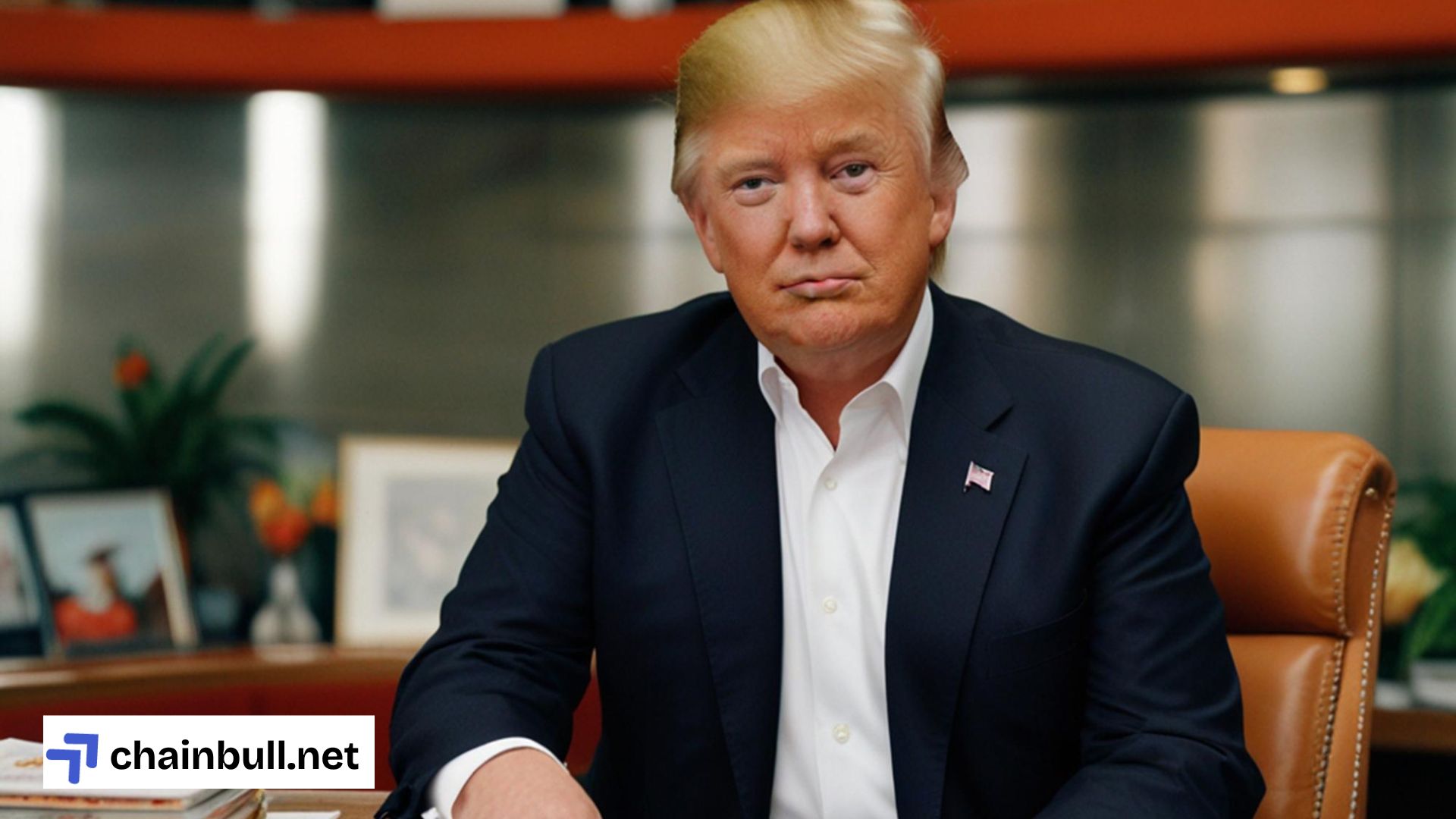

August 2025 — Former President Donald Trump is reportedly preparing to sign a new executive order targeting what critics have called “crypto debanking” and political discrimination by banks. According to a report by The Wall Street Journal, the order will instruct federal banking regulators to investigate claims that financial institutions unfairly cut off services to cryptocurrency businesses and conservative individuals based on ideology or industry.
The draft executive order would direct agencies such as the Federal Deposit Insurance Corporation (FDIC) and Office of the Comptroller of the Currency (OCC) to examine whether any financial institutions violated antitrust laws, consumer financial protections, or fair lending regulations.
If violations are found, affected banks could face penalties or legal actions. While the Trump administration may sign the order this week, there’s a possibility of changes or delays.
Leaders in the crypto sector have long accused the Biden administration of orchestrating a campaign—often referred to as “Operation Choke Point 2.0”—to isolate digital asset firms from the traditional banking system. The pressure reportedly intensified after the collapse of FTX, which was exposed as a massive fraud in late 2022.
Critics claim that under the Biden-era FDIC, banks were heavily scrutinized and advised to limit services to crypto-related businesses. Coinbase’s Chief Legal Officer, Paul Grewal, testified before Congress that the FDIC effectively “bludgeoned” banks with questions about crypto and stablecoins until many dropped their crypto clients.
A Freedom of Information Act (FOIA) lawsuit filed with Coinbase’s support revealed internal FDIC communications requesting banks to halt crypto-related services—bolstering industry claims that the debanking was not a conspiracy theory, but a coordinated effort.
The executive order, if finalized, will likely instruct regulators to repeal any policies that contributed to banks dropping crypto customers or politically sensitive clients. Additionally, it directs the Small Business Administration (SBA) to review its lending practices and ensure no political or industry bias influenced the loans it guarantees for small businesses.
The draft order also urges regulators to refer any potential legal violations to the Department of Justice (DOJ) for further investigation.
The practice, often referred to in the financial sector as “derisking”, allows banks to terminate accounts for perceived legal, financial, or reputational risks. Critics argue this discretion has been used to justify political censorship.
In a related move, the Federal Reserve announced in June 2025 that it would stop examining banks based on “reputational risk.” The OCC and FDIC have also taken similar steps, following public and industry backlash over politically motivated debanking.
Enter your email → Get instant download.
